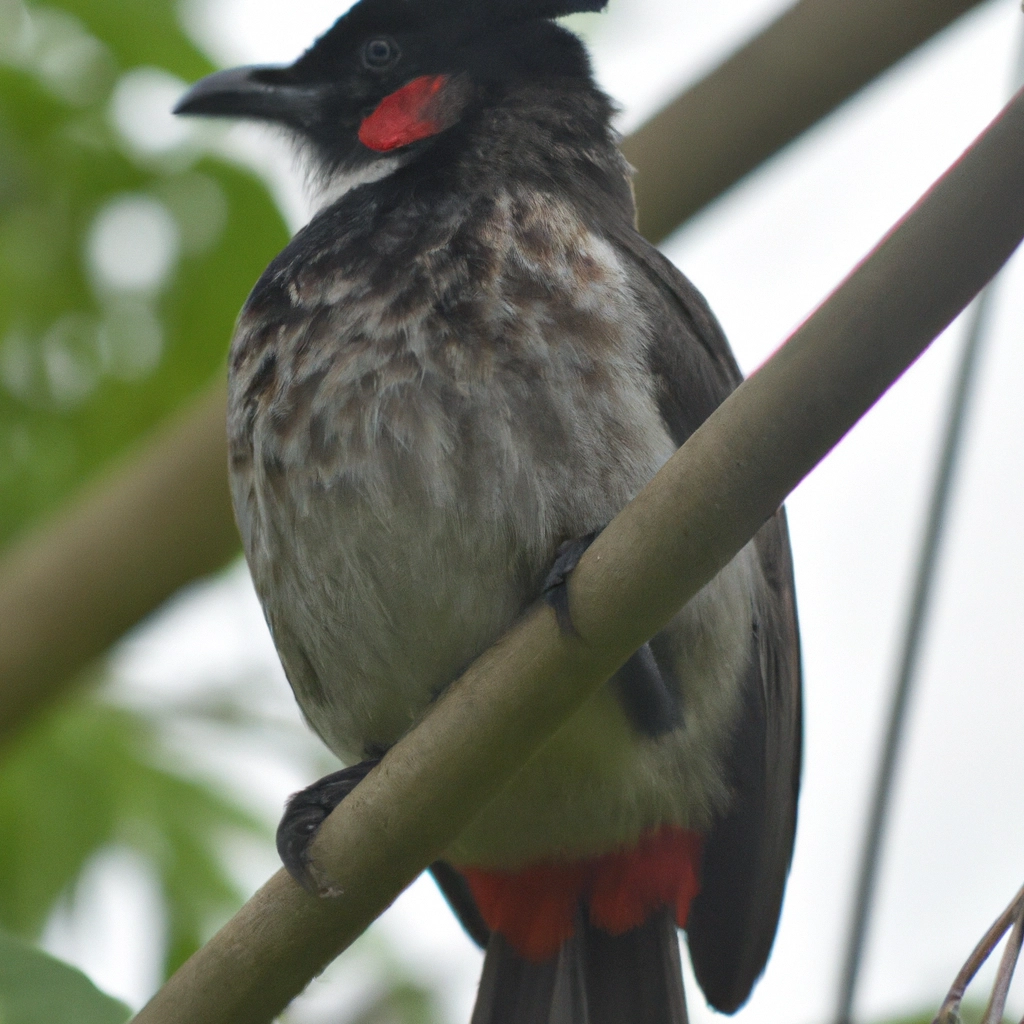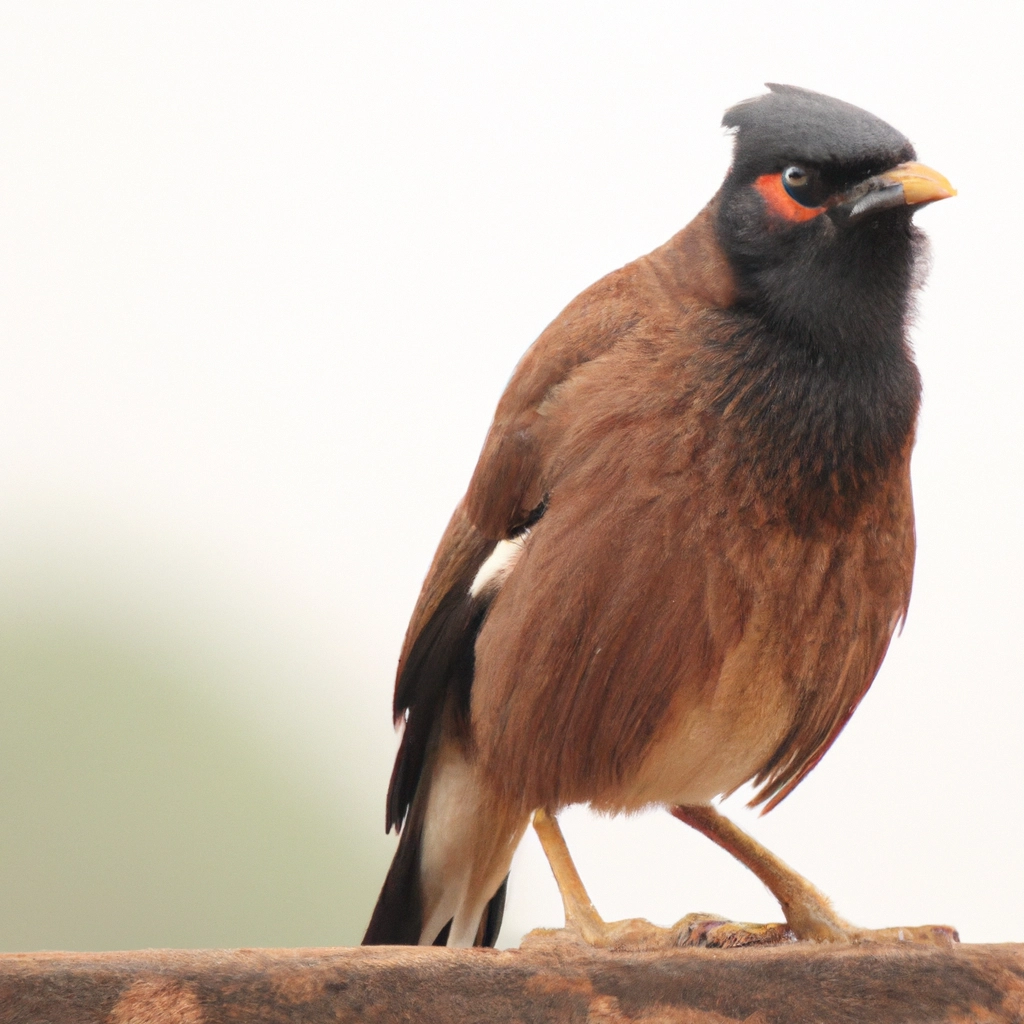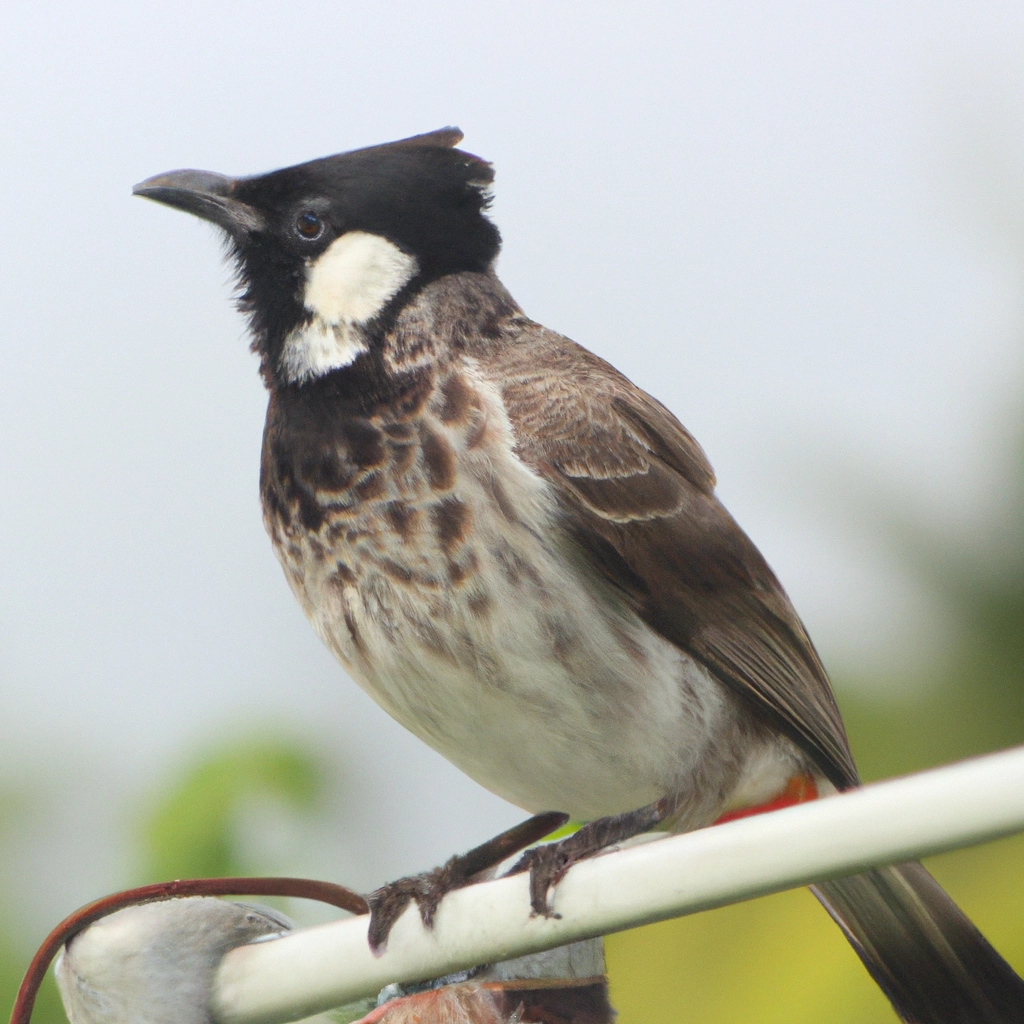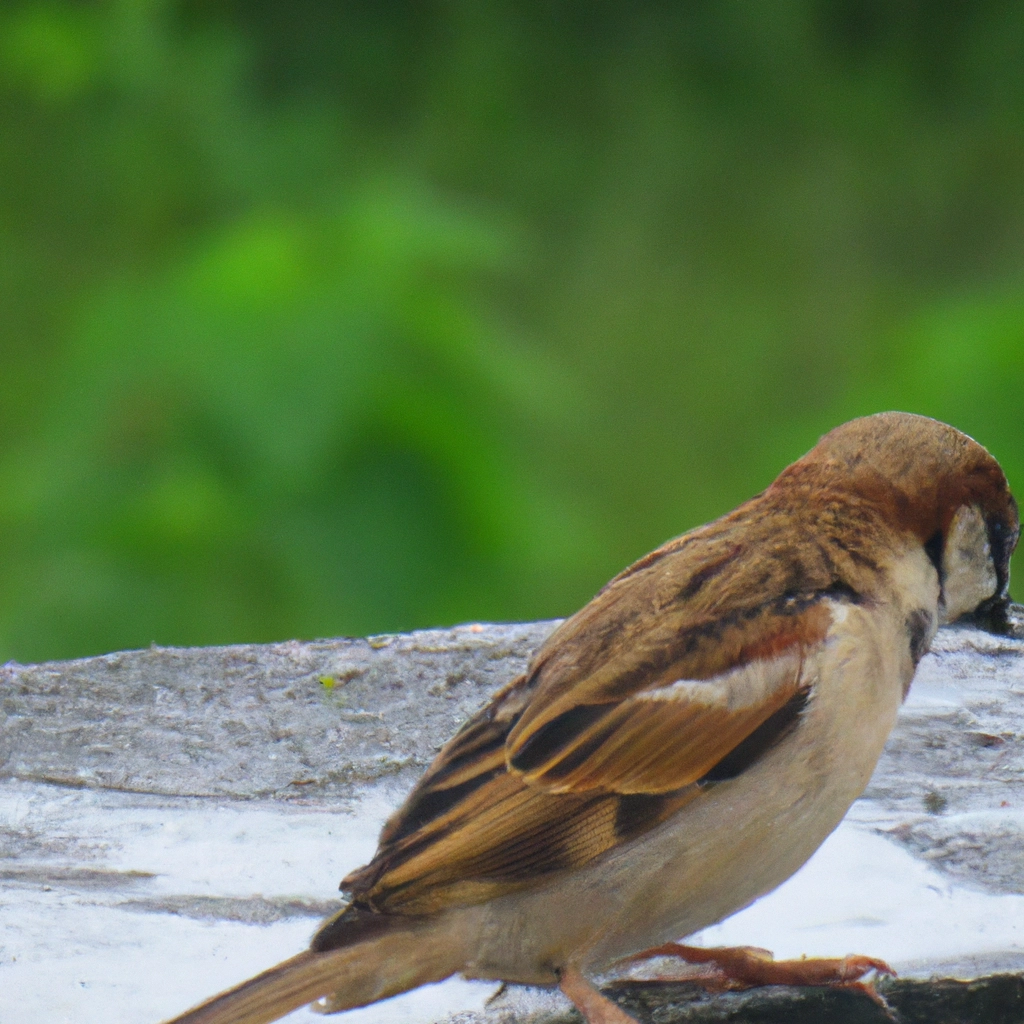| Question | Answer |
|---|---|
| Can birds sense human emotions? | Some studies suggest that birds may have the ability to sense human emotions, including sadness or distress. |
| How do birds react to crying? | Some birds may show signs of distress or concern when they hear a person crying, while others may not react at all. |
| Is there scientific evidence to support this? | There is limited scientific evidence to confirm whether birds can accurately detect human emotions such as crying. |
| What behaviors might birds display in response to crying? | Birds might exhibit behaviors such as vocalizing, approaching the person, or exhibiting signs of agitation in response to crying. |
| Are there individual differences in birds’ responses to crying? | Yes, just like humans, birds may have varying responses to different emotional cues, including crying. |
Introduction
Have you ever noticed a bird perching nearby, seemingly attentive, while tears streamed down your face? It’s no secret that birds possess remarkable communication skills. Their tweets and songs decorate the silence of nature with rich tapestries of meaning. As a bird enthusiast and someone deeply invested in the emotional lives of these feathered beings, I’ve always been fascinated by the way they might perceive our human states of mind. This curiosity sparked a journey to explore whether our avian friends can indeed sense when we’re overcome with emotion.
The stories of pets feeling and responding to their owners’ emotions are well-known, but when it comes to birds, the narrative seems to spread its wings into uncharted territories. Consider this a heartfelt expedition into the avian understanding of human tears—a subject as intriguing as it is touching.
Now, let’s embark on this exploration together, flitting through anecdotes, scientific insights, and the shared moments that hint at the possible emotional intelligence of our winged companions.
The Emotional Connection Between Humans and Birds
I remember vividly, a robin perching on my windowsill, tilting its little head as I sat weeping over a personal loss. Could it have been pure coincidence, or did this crimson-breasted friend sense my sorrow? Beyond personal reflections, many bird owners recount tales of their feathered companions cuddling close or singing softly when a tearful moment arises.
But what does science say about these interactions? Research delves into the cognitive and emotional capabilities of birds, discovering levels of empathy and emotional awareness previously unassigned to these sky-bound creatures. Learning about avian intelligence expands our understanding and appreciation for how deeply connected we may be with the avian world.
And it’s not just parrots—often heralded for their mimicry and sociability—whose reactions make us wonder. Even wild birds exhibit behaviors that suggest an acute awareness of human feelings—a subject deserving further contemplation and investigation.
The Role of Body Language and Vocal Cues
Birds are astute observers. They often pick up on the slightest changes in their environment, which is why watching their reactions to human body language is so fascinating. I’ve noticed sparrows in the park that seem to linger closer when I sit quietly in a dejected slump, their tiny heads cocked in apparent curiosity or concern.
In moments of audible sorrow, I’ve heard the soft cooing of a mourning dove, as if in response to my sobs. The encounters are not just heartwarming—they suggest that birds may be sensitive to our vocal cues as well as our stature and movements.
Supporting this observation, studies have shown birds can be quite attuned to human non-verbal cues, learning to associate specific gestures with positive or negative outcomes. This begs the question: Do these findings extend to an understanding of human emotional expression?
Introducing Personal Accounts
Delving into the realm of shared experiences, I’ve been moved by the stories others have shared with me. One individual recounted how a family of finches remained by their side throughout a bout of melancholy. These tales not only enrich our narratives but also highlight the comfort one may find in a non-human presence during times of distress.
These personal encounters resonate with many who have found solace in a bird’s presence. It reinforces the notion that humanity’s well-being is often intertwined with the natural world around us. This mutual kinship becomes a testament to the nurturing aspect of nature—an aspect often overlooked in our fast-paced lives.
Indeed, these experiences with birds have not only offered emotional support but have also encouraged a deeper engagement with the natural world. It’s a gentle prompt for all to be more observant, to listen and learn from the creatures that share our spaces.
Conclusion
Our journey through this topic stitches together a narrative of companionship and empathy emanating from the world of birds. The unique bond that seems to bridge our human experiences with these avian creatures is both mysterious and profound.
As we reflect on the emotional connections birds may share with us, it’s hard not to admire their potential depth of perception. These interactions beckon us to approach nature with a newfound respect and to cherish the silent, yet profound communications we share with our feathered neighbors.
This exploration invites each one of us to be mindful, to experience the responsive chords within our avian friends, and to echo the sentiments of interconnectedness. As we observe, relate, and bond with the birds in our skies and backyards, we uncover layers of an ever-expanding tapestry of life—a tapestry to which we all contribute our own threads of emotion and existence.
Frequently Asked Question
-
How do birds react to human emotions other than crying?
Birds are known to be sensitive to human emotions, and they can react in various ways. For example, they may become more vocal and agitated in response to loud or intense emotions, such as anger or excitement. On the other hand, birds may also become quieter and more withdrawn in the presence of sadness or tension. Additionally, some birds may show signs of curiosity or concern when they detect distress or unease in their human companions.
It’s important to remember that individual birds may react differently based on their personalities and past experiences. Building a trusting and positive relationship with your avian friend can help them feel more comfortable and attuned to your emotions, allowing for a more harmonious interaction between you and your feathered companion.



